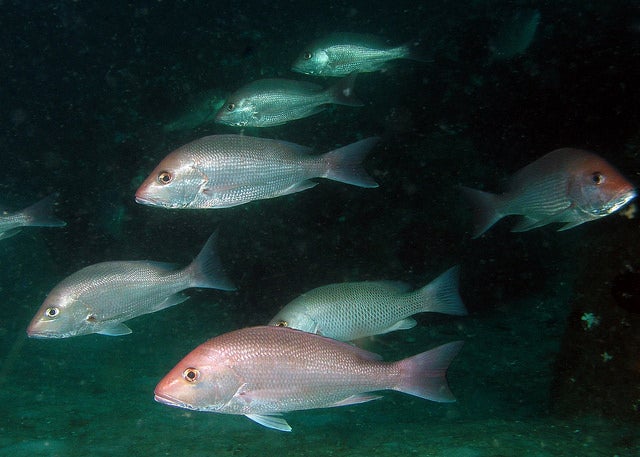In August, I had the honor of being the co-organizer of a symposium at the American Fisheries Society Annual Meeting titled “Ten Years of Science-Based management in U.S. Fisheries: Progress and the Road Ahead” with my colleague Jake Kritzer. A distinguished group of eight speakers joined us to present papers on topics ranging from the evolution of the Magnuson-Stevens Act to the benefits that science-based management has yielded for Alaskan fisheries, and discuss how the Act has performed and how to tackle the challenges that remain with fisheries scientists and managers from across the country and globe.
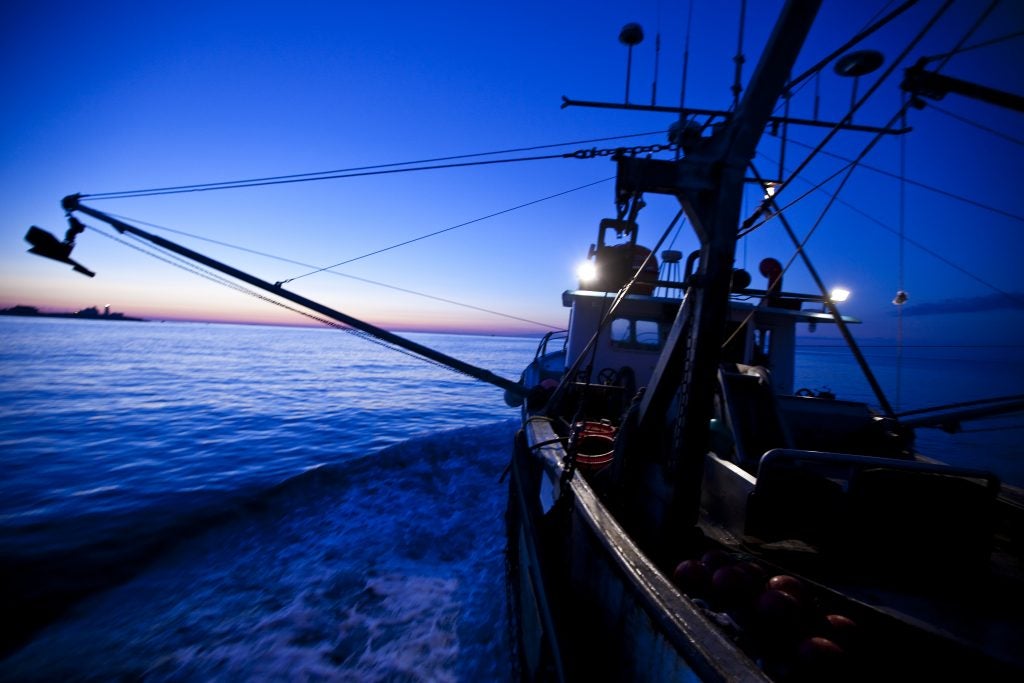 Speakers included scientists, managers, and a commercial fisherman and covered a geographic range from Florida to Alaska. Some of the speakers approached the subject with experience that extended back to well into the previous versions of the Act.
Speakers included scientists, managers, and a commercial fisherman and covered a geographic range from Florida to Alaska. Some of the speakers approached the subject with experience that extended back to well into the previous versions of the Act.
The consensus could be best summed up by one a point made by Dr. Mike Sissenwine, a council member of New England Fishery Management Council, early in his presentation: Science-based management has worked.
Overall, the group concluded that the current incarnation of the Magnuson-Stevens Act has greatly improved conservation outcomes. Since the reauthorization, overfishing has decreased dramatically and a significant number of stocks have been rebuilt.
Our commercial fishing participant, Jason de la Cruz from Florida, noted that the current Act made him feel more confident about the basis of decisions and had led to increased opportunities to collaborate on science. In Alaska, Diana Evans, deputy director for the North Pacific Fishery Management Council, highlighted that fishermen and managers now look beyond the difficult task of setting annual catch limits to new management challenges like ecosystem-based fishery management that can be informed by innovative scientific tools being created for their Fishery Ecosystem Plan. Read More »

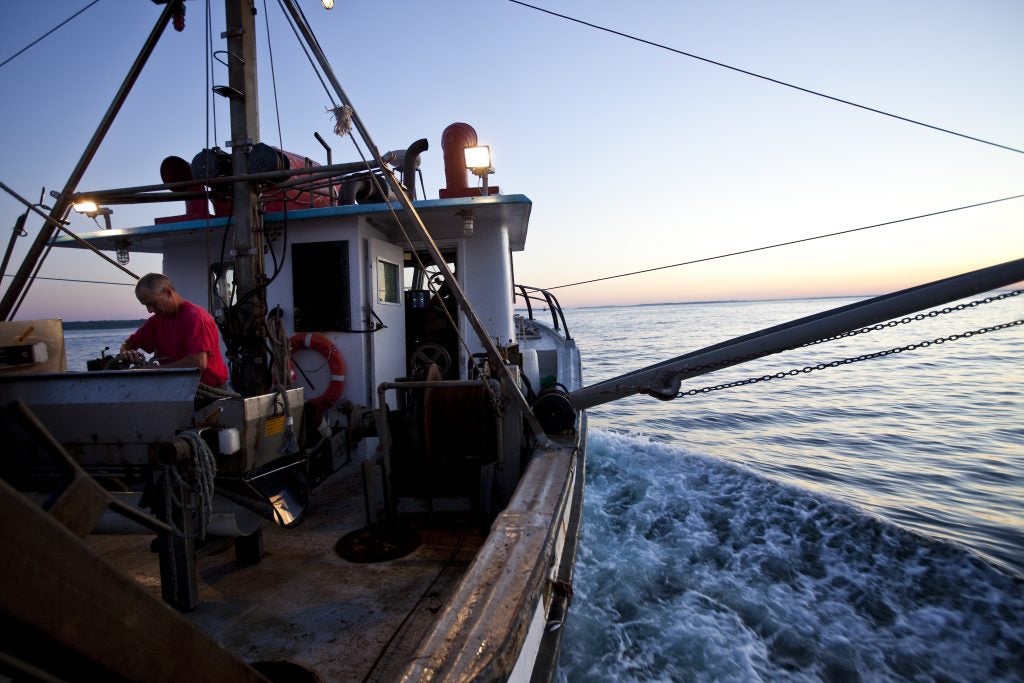
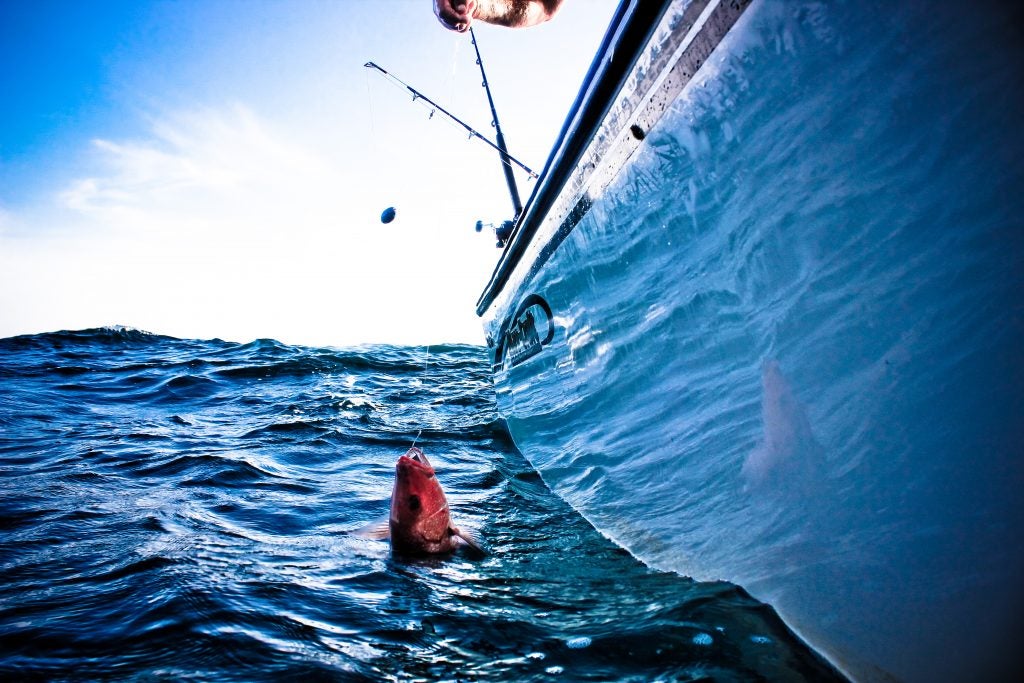
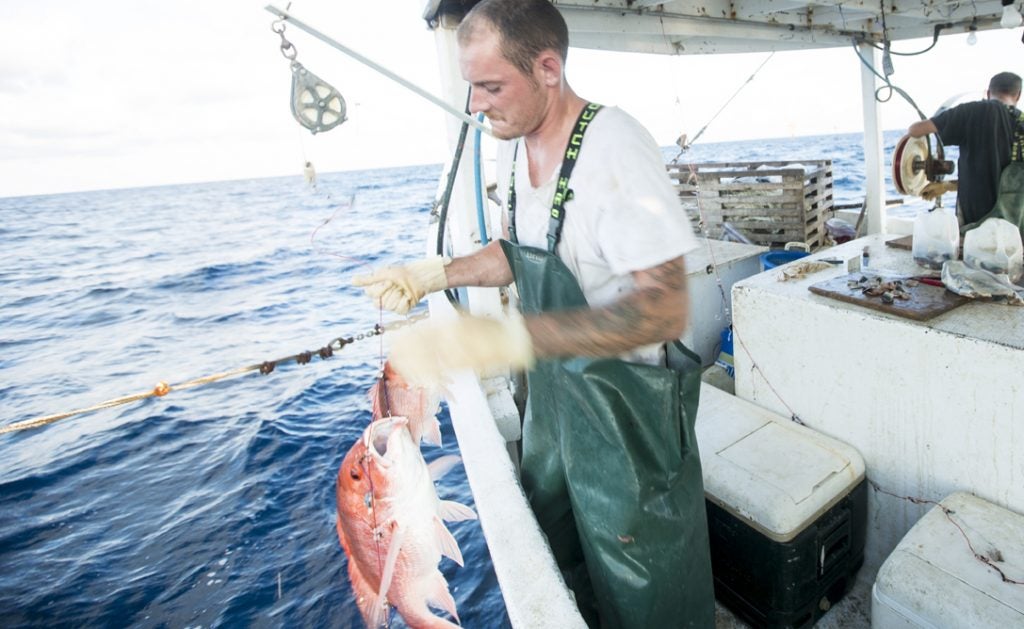
 Speakers included scientists, managers, and a commercial fisherman and covered a geographic range from Florida to Alaska. Some of the speakers approached the subject with experience that extended back to well into the previous versions of the Act.
Speakers included scientists, managers, and a commercial fisherman and covered a geographic range from Florida to Alaska. Some of the speakers approached the subject with experience that extended back to well into the previous versions of the Act.